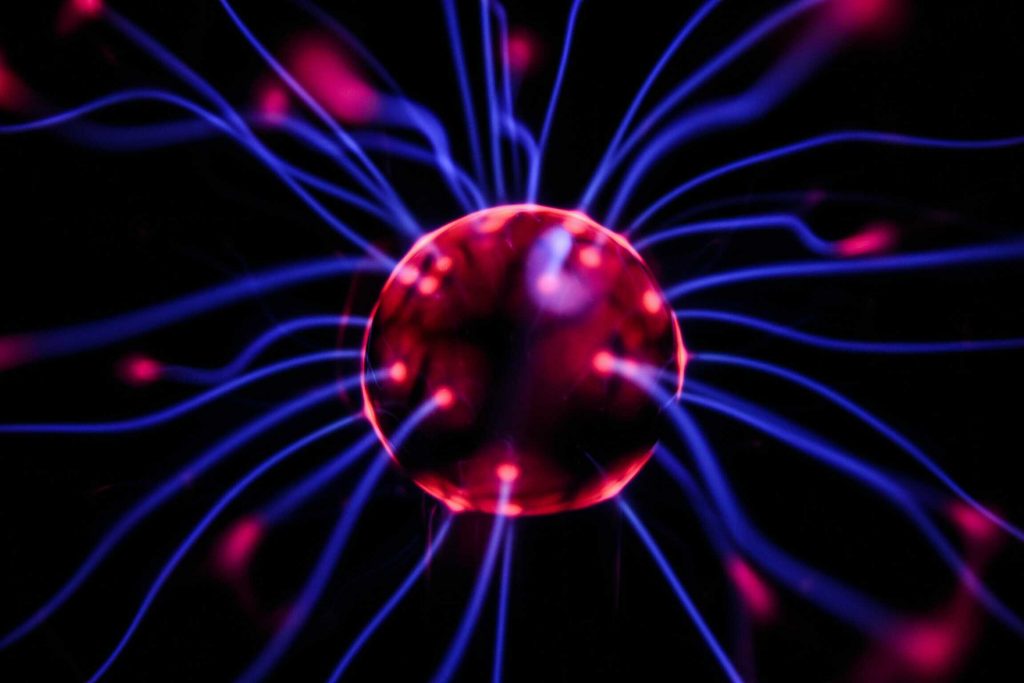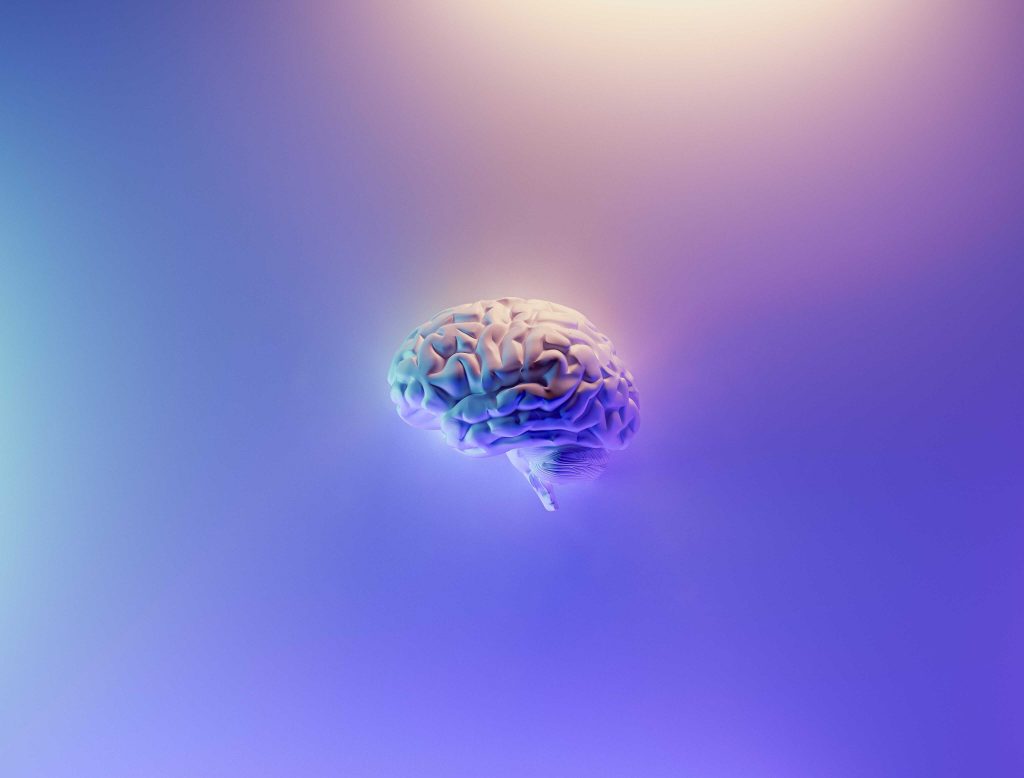The brain plays a crucial role in determining our mindset. Mindset refers to the underlying beliefs and attitudes that shape our behavior and perception of the world around us. The brain is responsible for processing and interpreting sensory information and then using this information to generate thoughts, emotions, and behaviors that are in line with our mindset.

Different areas of the brain are involved in different aspects of mindset. For example, the prefrontal cortex is involved in decision-making and executive functions, which are crucial for setting goals and developing strategies to achieve them. The amygdala is involved in the processing of emotions and is responsible for triggering the fight or flight response in response to perceived threats.
And all these components build the jail of our mindset, set our boundaries and exceptions from life, that’s why we must change our mindset before we can truly change anything outside of us.
How does mindset affect the brain?
Mindset can have a significant impact on the brain. Research has shown that a positive mindset, such as a growth mindset, can lead to structural changes in the brain that support learning and cognitive flexibility. On the other hand, a negative mindset, such as a fixed mindset, can lead to chronic stress, anxiety, and depression, which can have detrimental effects on brain health.
For example, studies have shown that individuals with a growth mindset are more likely to engage in activities that promote brain plasticity, such as learning new skills or seeking out new challenges. This, in turn, leads to increased neural connections and improved cognitive function.
How does the mind work with the brain?
The mind and brain are closely intertwined and work in concert to create our conscious experience. The mind can be thought of as the sum total of all mental processes, including thoughts, emotions, memories, and perceptions. The brain, on the other hand, is the physical organ that enables these mental processes to occur.
The mind and brain are connected through a complex network of neural pathways and chemical messengers. As we experience the world around us, sensory information is transmitted to the brain, where it is processed and integrated with existing knowledge and beliefs to create our conscious experience.
How does the brain play into growth mindset?
The brain plays a crucial role in the development of a growth mindset. A growth mindset refers to the belief that one’s abilities and intelligence can be developed through hard work, dedication, and perseverance. Research has shown that a growth mindset is associated with increased motivation, resilience, and achievement.
Studies have also shown that individuals with a growth mindset have increased activity in the prefrontal cortex, which is responsible for decision-making and executive functions. This increased activity allows individuals to set goals and develop strategies to achieve them, which is essential for cultivating a growth mindset.

Additionally, individuals with a growth mindset have been shown to have increased activity in the hippocampus, which is responsible for learning and memory. This increased activity allows individuals to process and retain information more effectively, which is essential for developing new skills and knowledge.
What part of the brain controls mindset?
There is no single part of the brain that controls mindset, as it is a complex construct that is shaped by a variety of neural networks and structures. However, research has identified several brain regions that are particularly important in shaping mindset, including the prefrontal cortex, amygdala, and hippocampus.
How our mindsets are formed?
Mindsets are formed through a complex interplay of genetic, environmental, and experiential factors. From a genetic perspective, there is evidence that certain genes may predispose individuals to certain types of mindsets. For example, a study found that a variation in the COMT gene was associated with a more flexible mindset.
Environmental and experiential factors also play a crucial role in shaping mindset. Childhood experiences, parenting styles, and cultural influences can all contribute to the development of a particular mindset. For example, a child who is praised for effort and persistence may develop a growth mindset, while a child who is praised for intelligence and talent may develop a fixed mindset.
How does the brain allow us to think?
The brain allows us to think by processing and integrating sensory information from the environment, along with our memories, beliefs, and emotions, to generate thoughts and actions. This process is facilitated by a complex network of neural pathways and chemical messengers.
The brain also has the capacity to generate new neural connections and reorganize existing ones in response to experience, a phenomenon known as neuroplasticity. This allows the brain to adapt and change in response to new information and experiences, which is essential for learning and growth.
How do brains behave when they are in fixed vs growth mindset? and How does the brain play into mindset?
Brains in a fixed mindset tend to exhibit patterns of cognitive rigidity and avoidance of challenges. Individuals with a fixed mindset tend to view their abilities and intelligence as fixed, leading them to avoid activities that may challenge their beliefs about their own capabilities. This can lead to a self-fulfilling cycle in which individuals fail to develop new skills and knowledge.
Brains in a growth mindset, on the other hand, tend to exhibit patterns of cognitive flexibility and a willingness to embrace challenges. Individuals with a growth mindset tend to view their abilities and intelligence as malleable, leading them to seek out activities that may challenge their beliefs about their own capabilities. This can lead to a self-fulfilling cycle in which individuals develop new skills and knowledge.

How do you know if you have a fixed or growth mindset?
One way to determine if you have a fixed or growth mindset is to examine your beliefs about your own abilities and intelligence. Individuals with a fixed mindset tend to believe that their abilities and intelligence are fixed, while individuals with a growth mindset tend to believe that their abilities and intelligence can be developed through effort and perseverance.
Another way to determine if you have a fixed or growth mindset is to examine your response to challenges and setbacks. Individuals with a fixed mindset tend to avoid challenges and may become discouraged when faced with setbacks, while individuals with a growth mindset tend to embrace challenges and view setbacks as opportunities for growth and learning.






